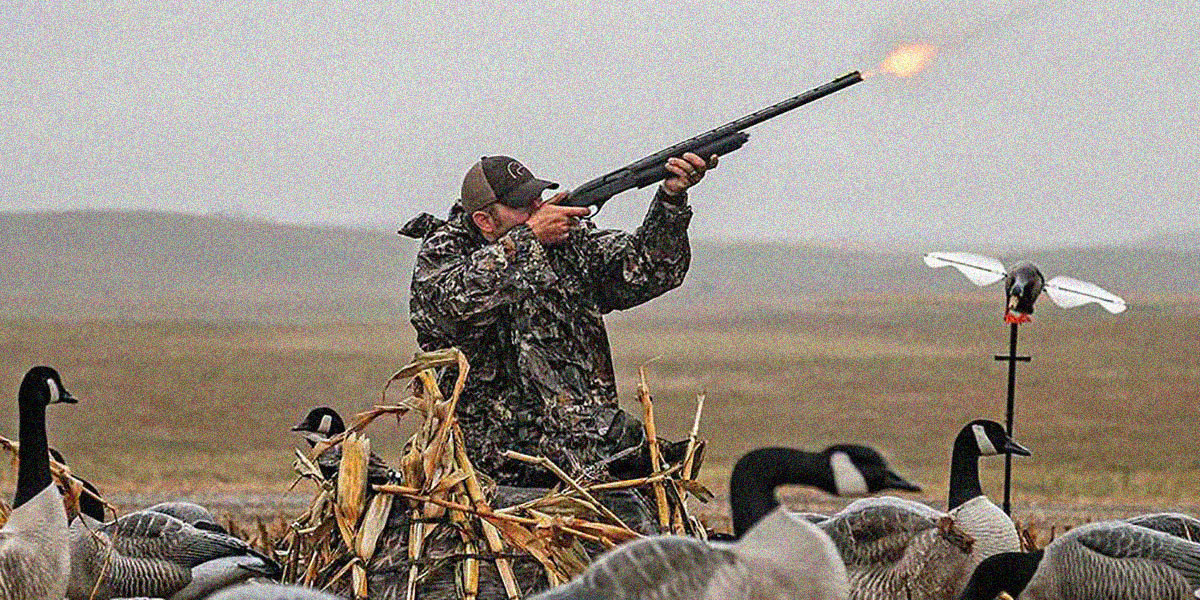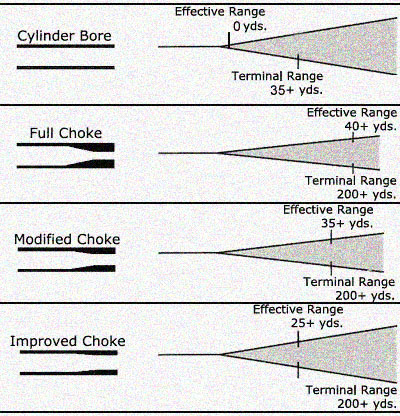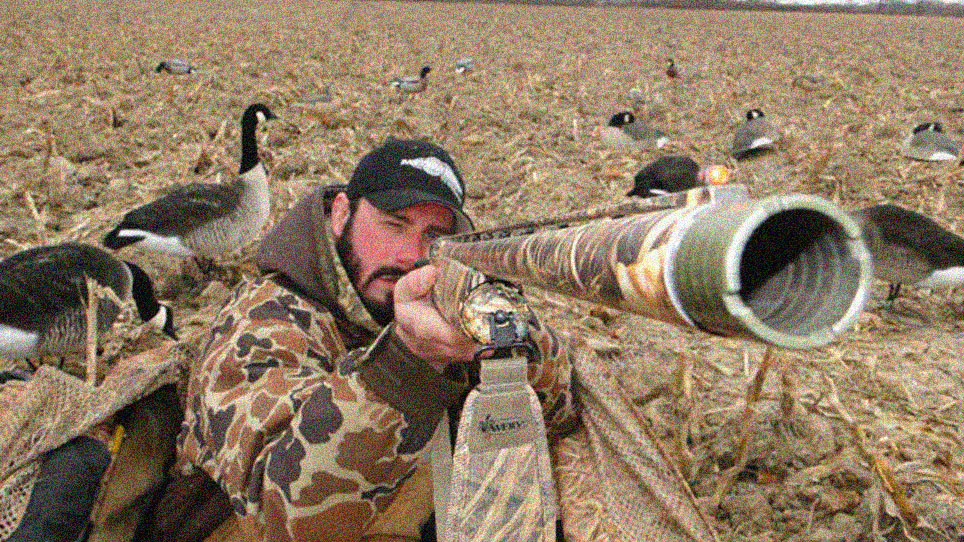There are a few factors to consider when choosing a choke for duck hunting:
- First, what kind of shotgun do you have? There are chokes designed specifically for certain types of guns.
- Second, what kind of ducks are you trying to hunt? Different chokes will be better for different types of games.
- Third, how far away do you typically shoot your ducks? This will affect what kind of constriction you need in your choke.
Generally speaking, if you are using a pump or semi-automatic shotgun, you will want a screw-in choke. For a break-open gun (e.g., single barrel or double barrel), it is possible to use either a screw-in choke or a permanently fixed choke. If you are only going to be hunting ducks that are close range (within 30 yards), then you can get away with a less constrictive choke, such as an improved cylinder. If you plan on taking shots at ducks that are further away, you will need a more constrictive choke, such as a full or extra full.
Some other factors to keep in mind when choosing a choke for duck hunting include the type of Ammo you will be using and the size of the shot. A heavier shot (e.g., steel) will require a more constrictive choke than a lighter shot (e.g., lead). And finally, always make sure to pattern test your shotgun with the Ammo and choke combination that you plan on using. This will help you to determine the best constriction for your particular setup.
The most important factors are the type of gun you’re using and the kind of ammunition you’ll be shooting.
If you’re using a shotgun, the two most common types of chokes are full and improved cylinders. Full chokes create a tighter shot pattern, which is ideal for longer shots. Improved cylinder chokes create a wider shot pattern, which is better for shorter-range shots.
When it comes to ammunition, lead shot is typically the best choice for duck hunting. Heavier pellets will have more kinetic energy, making them more effective at taking down ducks.
Ultimately, the best choke and ammunition combination will vary depending on the gun you’re using and the conditions you’ll be hunting in. Experiment with different combinations to find what works best for you.
We also recommend watching the video
There are a few different types of chokes that can be used for duck hunting, and the best choice will depend on the type of shotgun you are using and the type of ducks you are targeting. For example, if you are using a 12 gauge shotgun with steel shot, then a full choke is typically recommended.
If you are using a pump-action or semi-automatic shotgun, then an improved cylinder choke is usually ideal. This type of choke will provide Pattern density without excessive pellet deformation
For autoloaders, it is typically best to use a light modified or skeet choke. This will help to reduce recoil and improve cycling reliability.
When it comes to choosing the right ammunition for duck hunting, there are a few things you need to take into consideration. First, you need to make sure that the shells you select are the correct size for your shotgun. Second, you need to choose shells that are loaded with the appropriate type of shot.
For example, if you are using a 12 gauge shotgun, then you will need to use 2-3/4″ or 3″ shells. These shells should be loaded with steel shot, as this is the type of shot that is currently approved for waterfowl hunting.
If you are using a 20 gauge shotgun, then you will need to use 2-3/4″ shells. These shells can be loaded with either lead or steel shot, although the lead shot is currently not recommended for waterfowl hunting.
We also recommend watching an interesting video about duck hunting

However, if you’re using a light gun or lead shot ammunition, you may want to use a less constrictive choke (such as an improved cylinder or modified). Ultimately, it’s important to experiment with different types of chokes to see what works best for your particular setup.
Please login or Register to submit your answer




